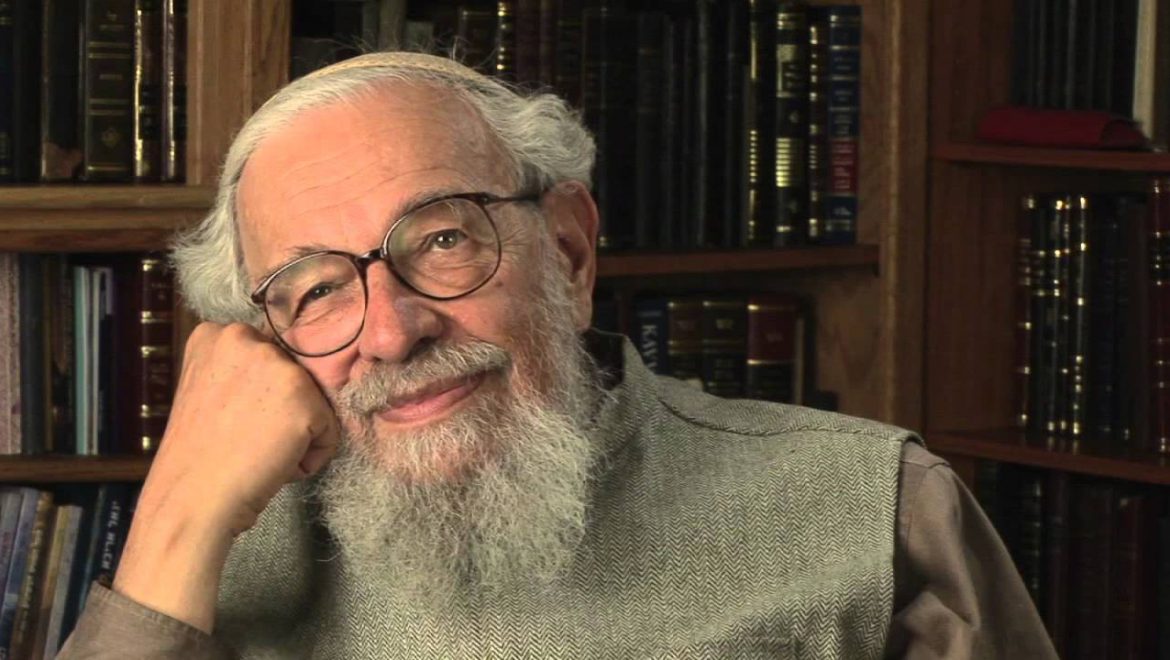
This interview describes how watching his mother light Shabbat candles was a formative spiritual experience for Reb Zalman Schacther Shalomi, one of the founders of the Jewish Renewal movement, which endeavors to reinvigorate modern Judaism with Kabbalistic, Hasidic, and musical practices. When asked about his earliest memory of faith, Reb Zalman answers that seeing his mother pray while lighting Shabbat candles taught him that he too can speak to God. This excerpt is part of a longer article, which comes from an interview with Reb Zalman. The entire interview can be viewed here, as part of the Portraits in Faith YouTube Channel.
A Lifebelt for Doubt in Faith
D: What is your earliest memory of faith or this idea that there is a God?
Reb Zalman: This is so hard to get to because there is a level in which it is so deep. I am reminded of the well-known story of the child who is around two years old when they brought home his newborn brother. And the parents overhear in the intercom as he is saying, “Please tell me about God. I’m beginning to forget!”
So this is a very deep thing because whenever you get to trying to describe a place of deep insight… There used to be a television program with a big wheel that’s a door and you entered into another world through it, [“the Time Tunnel”], and I could sort of see the center of the Mandala through which I have to walk [to access this place], and there are memories that are not quite up in sharp relief.
So I can’t tell you about that earliest memory because that’s what stumped me. But if you say an early memory:
To be with my Papa under the Tallis when he is davening and he would sort of hug me – that was such a moment, a recognition that the universe is a good universe; that I’m at home.
Seeing my mother light candles as a child; knowing that she was talking to someone who really was there – that was an important thing; it made me feel that I could also talk to God.
And sometimes, when my aunt didn’t let me play with my cousin, I would get back on the staircase and talk to God saying how unfair it is; but it was a very real thing.
As a child I would walk by a little side-chapel in a big church and the ladies would be lighting candles and standing like my Mama did on Shabbos. And Papa would take me to shul with the men. So I had this notion that women were Catholic and men were Jewish.
This is childish but there was something very special about that, that when people are praying, this thing, i.e. to be able to talk to God, is important.
Once I looked under the tallis when Papa had just finished leading a Rosh Hashannah–Yom Kippur service and I saw tears in his eyes and said:
“Papa warum weinst du” / why are you crying?
And he says: “I just talked with God.”
And I asked him: “Does it hurt when you talk with God?” (That’s the way a child looks at it.)
And he says: “No.”
“So why did you cry?”
“Because I remembered it was such a long time since I really talked with Him.”
So these are deep impressions that are wonderful.


